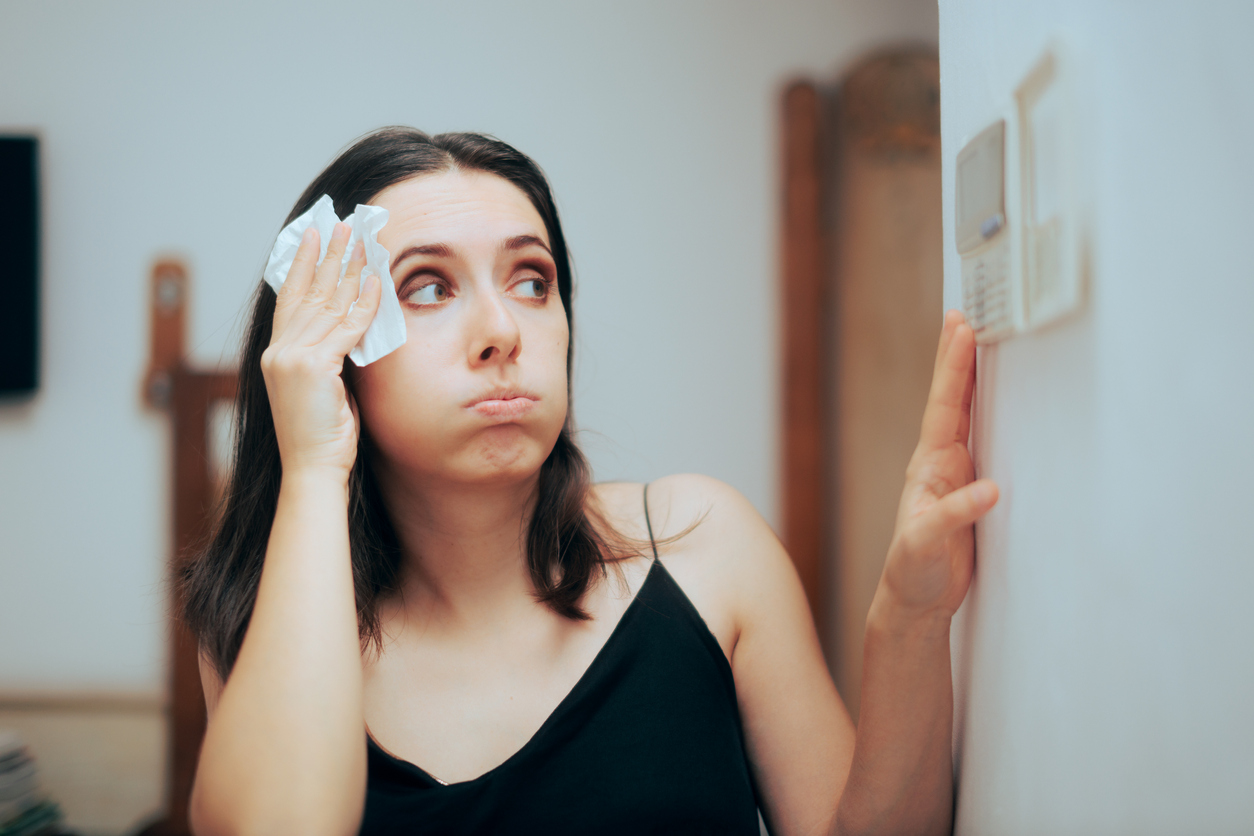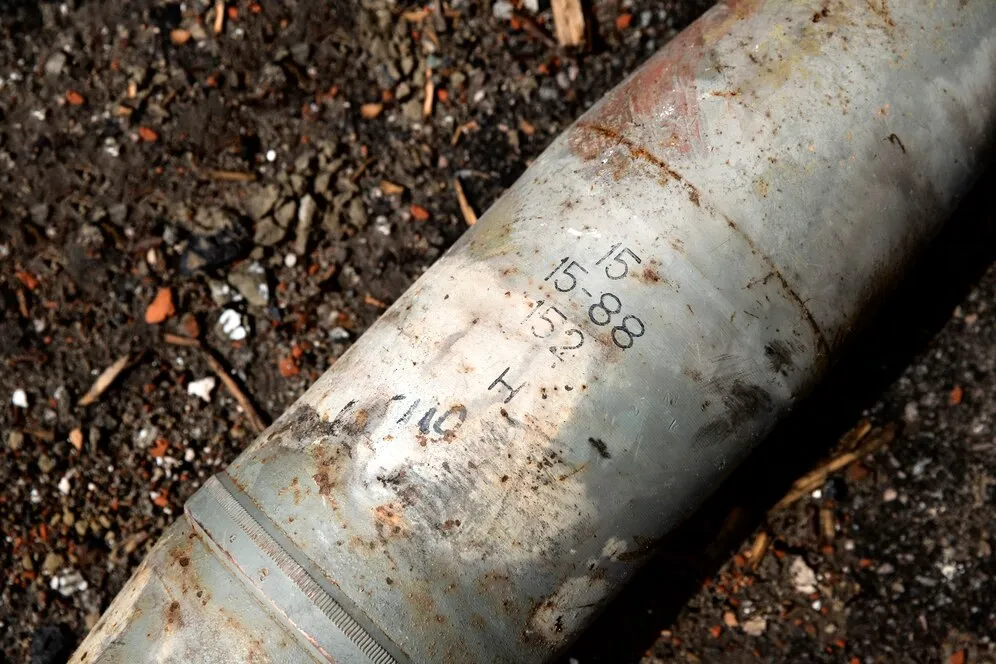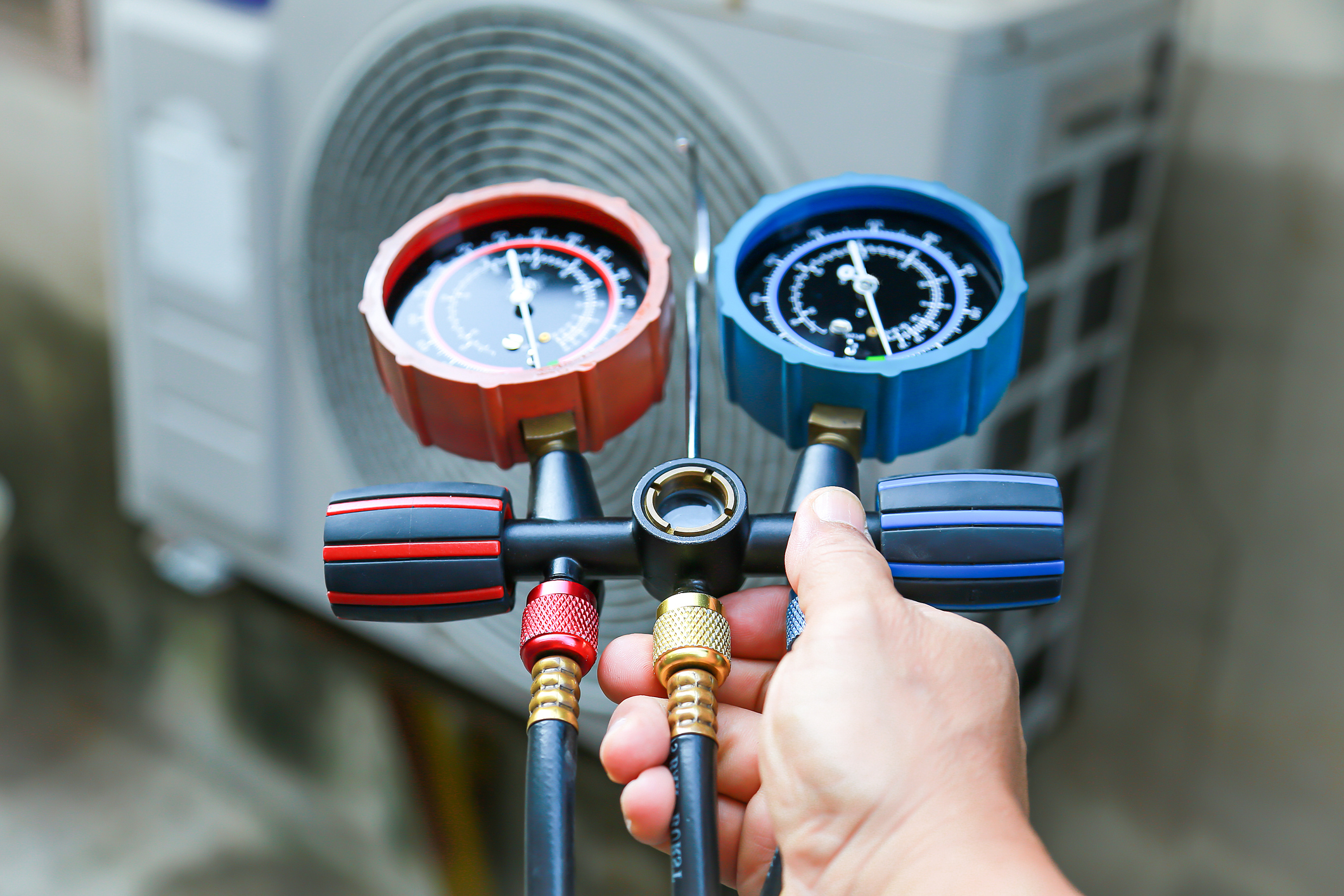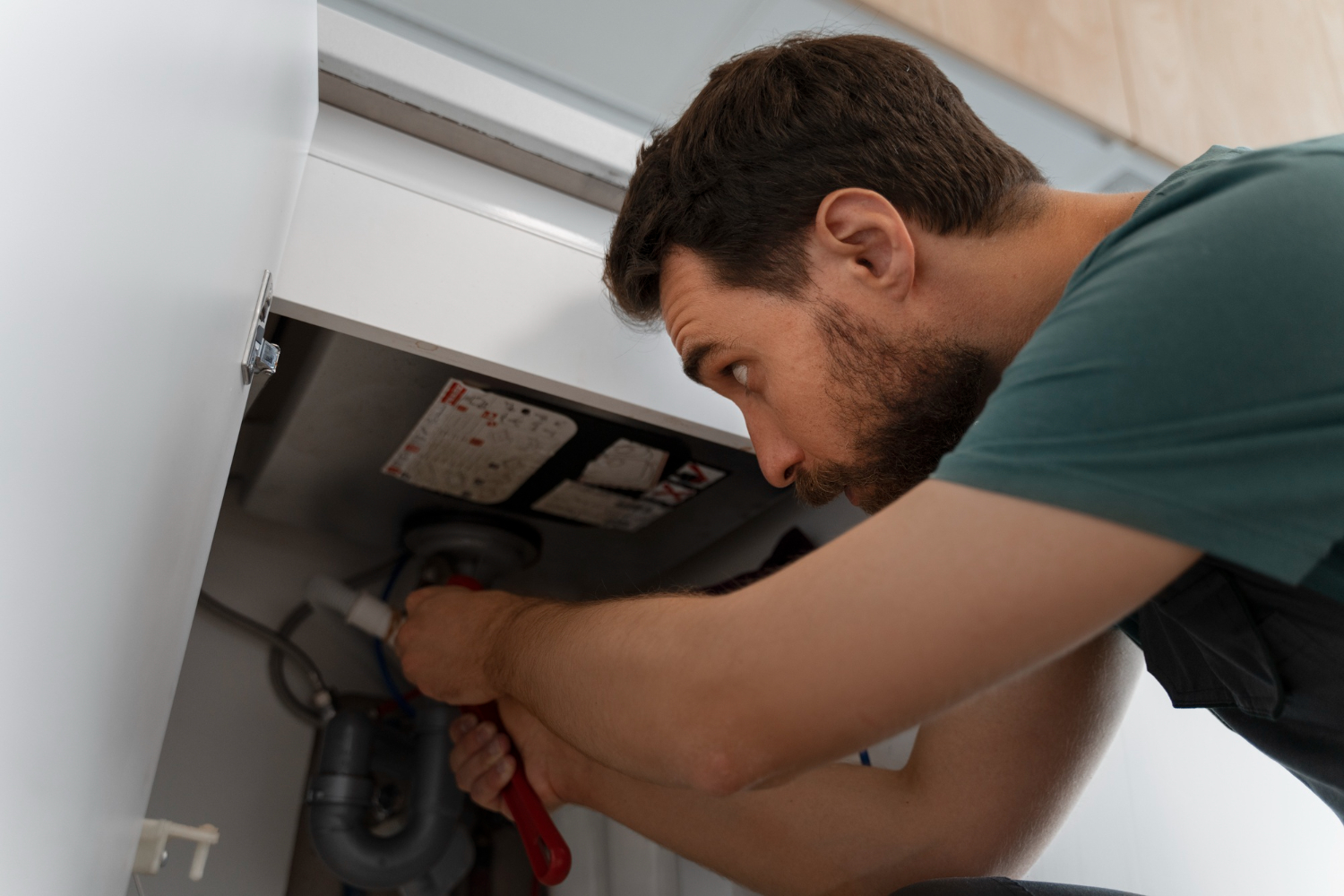Deciding whether to repair or replace your HVAC system is a significant decision for homeowners. Understanding the key factors that influence this choice can help ensure that you make the best decision for your home’s comfort and efficiency. Factors such as the age of your system, the frequency of repairs needed, and the overall performance can guide you in determining the most cost-effective and efficient option.
Our professionals can provide expert guidance tailored to your specific needs. Explore the pros and cons of HVAC repair and replacement, helping you make an informed choice for your home.
Understanding HVAC Systems: Repair vs. Replacement
Deciding between repairing or replacing your HVAC system involves considering various factors. HVAC systems are essential for maintaining comfort in your home, and choosing the right option can save you time and money.
Repairing an HVAC system can fix immediate issues, saving you the cost of a new system. Repairs can be quick and restore the system’s functionality. However, recurring problems can lead to higher long-term costs and inconvenience. Frequent repairs and high energy bills might indicate the system is no longer efficient.
On the other hand, replacing your HVAC system with a new one can offer long-term benefits. New systems are more efficient, providing better performance and lower energy consumption. Replacing your heating system before cold temperatures or your AC system before next spring ensures uninterrupted comfort.
Signs Your HVAC System Needs Repair
Identifying signs that your system needs repair can help you address HVAC issues before they become significant problems. Here are common signs to look for:
- Unusual Noises: If your HVAC system makes loud or strange noises, it may indicate a mechanical problem.
- Reduced Airflow: Weak or inconsistent airflow can signal blockages or system malfunctions.
- Inconsistent Temperatures: If some rooms are too hot or cold, your HVAC system might need attention.
- Frequent Cycling: Constantly turning on and off suggests the system is struggling to maintain the set temperature.
- Higher Energy Bills: A sudden increase in energy costs can indicate the system is not operating efficiently.
Addressing these signs early can prevent more serious issues and prolong your system’s lifespan. Our technicians can diagnose and repair these problems to restore your system’s functionality.
Indicators That Replacement Might Be Necessary
Sometimes, repair is not enough, and replacement becomes the better option. Here are key indicators that it might be time to replace your HVAC system:
- Age of the System: HVAC systems typically last around 10-15 years. If your system is older, replacing it might be more cost-effective.
- Frequent Repairs: Constantly needing repairs indicates your system is nearing the end of its life.
- Inefficiency: Older systems consume more energy. A new, energy-efficient system will save money in the long run.
- Inadequate Heating or Cooling: If your system no longer maintains comfortable temperatures, it may need replacing.
- Outdated Technology: Newer systems offer advanced features like programmable thermostats and eco-friendly refrigerants.
Replacing your HVAC system can provide better performance, lower energy costs, and a more comfortable home environment.
Evaluating the Age of Your HVAC System
The age of your HVAC system is a major factor in deciding whether to repair or replace it. Older systems are more prone to breakdowns and inefficiency. Here are steps to evaluate your system’s age:
- Check the Manufacturer’s Label: Locate the label on your HVAC unit to find its manufacture date.
- Review Maintenance Records: If your system requires frequent repairs, it might be time for a replacement.
- Consider Energy Bills: Higher costs can signal an aging, inefficient system.
- Professional Assessment: Our professionals can inspect your system and provide a detailed evaluation.
Understanding your system’s age helps you make an informed decision. Replacing an older system before it fails completely prevents emergencies and ensures continuous comfort. Proactive replacement can also benefit from newer, more efficient technologies.
Benefits of Proactively Replacing Your Heating System
Proactively replacing your heating system before cold temperatures arrive has several benefits. Ensuring your system is ready when needed can prevent unexpected breakdowns and discomfort. Here’s why proactive replacement is advantageous:
- Increased Reliability: A new heating system is less likely to fail, providing consistent warmth throughout the winter.
- Energy Efficiency: Modern systems use less energy, lowering your utility bills and reducing environmental impact.
- Avoiding Peak Season Delays: Scheduling replacement before winter means faster service and installation, avoiding delays when demand is high.
Proactive replacement allows you to address potential issues before they become critical. This preparedness ensures your home remains comfortable and safe during the colder months, providing peace of mind and better performance.
Preparing Your AC System for Next Spring Through Replacement
Replacing your AC system before next spring ensures you’re ready for warm weather. A new AC system can keep your home cool and avoid the stress of unexpected failures:
- Enhanced Performance: Modern AC units provide better cooling, maintaining a comfortable indoor temperature even during peak summer heat.
- Improved Energy Efficiency: New units use advanced technology, reducing energy consumption and lowering your cooling costs.
- Reliability and Peace of Mind: Replacing your system ahead of time means you won’t face emergency repairs during the first heatwave.
Preparing your AC system in advance helps ensure you’ll have a comfortably cool home when you need it most. It also provides an opportunity to choose the best system for your needs without the pressure of immediate demand.
Cost Comparison: Repairing vs. Replacing Your HVAC System
Understanding the cost comparison between repairing and replacing your HVAC system can help you make an informed decision. Here’s a breakdown of considerations for both options:
Repairing:
- Lower Initial Cost: Repairs generally cost less upfront than a full replacement.
- Temporary Solution: Repairs can extend the life of your existing system, delaying the need for a new one.
Replacing:
- Higher Initial Investment: A new system has a higher upfront cost than most repairs.
- Long-Term Savings: Energy-efficient systems reduce utility bills, offering financial savings over time.
- Warranty Benefits: New systems come with warranties, covering parts and labor for a specific period.
Consider the frequency and cost of repairs versus the benefits of a new, efficient system. Our professionals can provide cost estimates for both options, helping you find the best solution for your home.
Energy Efficiency and Performance Improvements with New Systems
New HVAC systems offer significant energy efficiency and performance improvements. Upgrading to a newer model can lead to better comfort and reduced energy usage. Here’s how new systems make a difference:
- Advanced Technology: Modern systems include features like programmable thermostats and variable speed motors, enhancing efficiency and control.
- Improved Air Quality: New systems can better filter and circulate air, improving indoor air quality.
- Quieter Operation: Advances in design and materials make new HVAC systems quieter, contributing to a more comfortable home environment.
Investing in an energy-efficient system can reduce your carbon footprint and save money on energy bills. The improved performance ensures your home remains comfortable year-round, yielding long-term benefits for both your comfort and wallet.
The Environmental Impact of Repair vs. Replacement
Understanding the environmental impact of repairing versus replacing your HVAC system is crucial. Each option has different implications for energy consumption and environmental sustainability.
- Energy Consumption: Older HVAC systems tend to be less efficient, consuming more energy and leading to higher utility bills. Newer models are designed to meet stricter energy efficiency standards, ultimately reducing your carbon footprint.
- Resource Use: Continual repairs on an aging system can result in higher resource use. Frequent part replacements and the need for specialized services can add up over time. Conversely, a new system reduces repair frequency and the associated environmental costs.
- Recycling and Disposal: Replacing an old system involves responsible disposal and recycling of components. Our professionals ensure that old units are disposed of in an eco-friendly manner, minimizing landfill waste.
Evaluating these factors helps in making an informed decision that benefits both your home and the environment.
Consult with Our Professionals for an Informed Decision
Making the decision between repair and replacement can be challenging. Consulting with our professionals ensures you have all the information you need.
- Comprehensive Evaluation: Our professionals conduct thorough assessments of your current HVAC system, considering factors like age, efficiency, and overall condition. This comprehensive evaluation helps you understand the potential benefits of each option.
- Customized Recommendations: Based on our assessment, we provide customized recommendations tailored to your specific needs and budget. We help you weigh the pros and cons of repairing versus replacing your system.
- Transparent Pricing: Understanding the costs involved is crucial. We provide clear, upfront pricing for both repair and replacement options, ensuring there are no hidden fees or surprises.
Consulting with our professionals empowers you to make a well-informed decision with confidence.
Long-Term Savings and ROI of a New HVAC System
Investing in a new HVAC system can offer significant long-term savings and a solid return on investment.
- Enhanced Efficiency: New HVAC systems are designed to be highly efficient, reducing your monthly energy bills. Improved efficiency translates to immediate cost savings and a reduced environmental impact.
- Reduced Maintenance Costs: With a new system, you avoid the frequent repairs often required by aging units. Lower maintenance costs contribute to long-term financial savings.
- Increased Home Value: A modern, efficient HVAC system can increase your home’s resale value. Prospective buyers see newer systems as a valuable asset, potentially making your home more attractive on the market.
Evaluating these long-term benefits highlights the financial wisdom of investing in a new HVAC system.
Making the Best Choice for Your Home’s Comfort and Efficiency
Deciding between repairing and replacing your HVAC system can significantly impact your home’s comfort, efficiency, and environmental footprint. Considering factors such as energy consumption, resource use, and long-term financial savings is essential in making an informed decision. Consulting with our professionals ensures you receive expert guidance, a comprehensive evaluation of your system, and customized recommendations tailored to your needs.
EnviroSafe Plumbing, Heating, Air Conditioning, Water Treatment is here to assist you every step of the way. Our expert team offers thorough assessments, transparent pricing, and professional installation services to ensure you make the best choice for your home’s comfort and efficiency.
Ready to upgrade your HVAC system? Contact EnviroSafe Plumbing, Heating, Air Conditioning, Water Treatment today to consult with our experts and begin your journey towards a more efficient and comfortable home. Call us now to schedule your HVAC repair in Glassboro, NJ!








